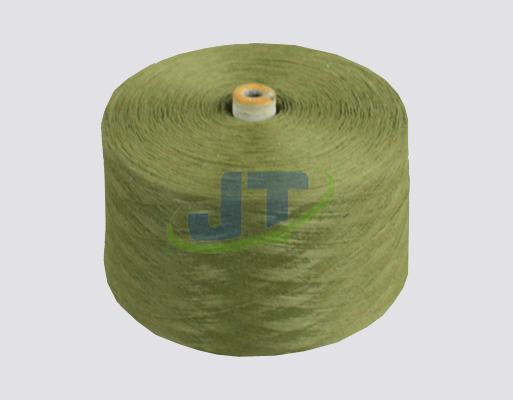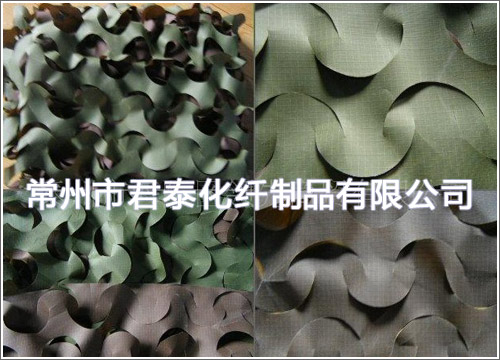

- Tel:0086-519-83783531
- cel:0086-13961177625
- E-mail:jianglijing1022@126.com
- add:cheng zhang Jia zeTown Wujin District, Changzhou City, Jiangsu Province
The hidden problems in the industry beneath the guise of convenience of paying for exports
In foreign trade fields such as textiles, "paying for export" was once an unwritten rule for some enterprises: those lacking export qualifications or wanting to simplify the process would purchase complete customs declaration documents from enterprises with legal export rights and complete the export declaration of goods in the name of the other party. This model is particularly common in the export of low-value and low-tax rate products - as the export rebate amount for such products is low or even non-repayable, enterprises can bypass the formal procedures such as qualification application and process approval by paying for exports, reduce the input of human and material resources, and lower operating costs in the short term.
But behind the convenience lies a huge hidden danger. Essentially, paying for export is a form of "unauthorized operation", with the actual goods rights separated from the customs declaration entity. Enterprises often conceal export income by forging or purchasing customs clearance documents, directly leading to the loss of national value-added tax, enterprise income tax and additional taxes. If behaviors such as issuing false value-added tax invoices are involved, the person in charge of the enterprise may even violate the Criminal Law and be convicted of tax evasion. What is even more alarming is that, unlike small commodities, if bulk products such as steel are involved in paid export, due to their huge amount, not only will the risk of tax loss increase geometrically, but it will also disrupt market prices, disrupt the balance between supply and demand, and cause a serious impact on the fair and competitive foreign trade environment.
New regulations come into play: Interpretation of the binding provisions of Announcement No. 17
The core deterrent effect of the State Taxation Administration's Announcement No. 17 is mainly reflected in the clear provisions of Article 7: Enterprises that export goods through agency (including market procurement trade, comprehensive foreign trade services, etc.) must simultaneously submit the basic information of the actual entrusted exporter and the export amount when making advance payment declarations, and the actual entrusted exporter must be clearly defined as "the actual production and sales unit of the exported goods". This requirement has completely broken the operational space of "ambiguous consignor information" in the process of paying for exports, bringing the source producer of every export business under the precise supervision of the tax authorities.
The new regulations have also established a strict accountability mechanism. If the agency enterprise fails to accurately report the information of the actual consignor, the export business will be directly recognized as the agency's self-operated business, and the agency will bear the full amount of enterprise income tax for the corresponding export amount. This means that both the agent providing the customs declaration documents and the enterprise actually paying for the export must bear clear tax responsibilities for any violations. The significant increase in regulatory costs has fundamentally cut off the gray interest chain on which paid exports rely for survival, leaving no loopholes for "export under borrowed power" at the policy level.
- The core performance advantages
- Black Friday is becoming a perfo
- Why has polypropylene high-stren
- The global trade landscape is un
- Why has polypropylene high-stren
- The economic operation of the in
- Why does polypropylene high stre
- The textile industry has witness
- Today, let's take a look at the
- The Third International Conferen




